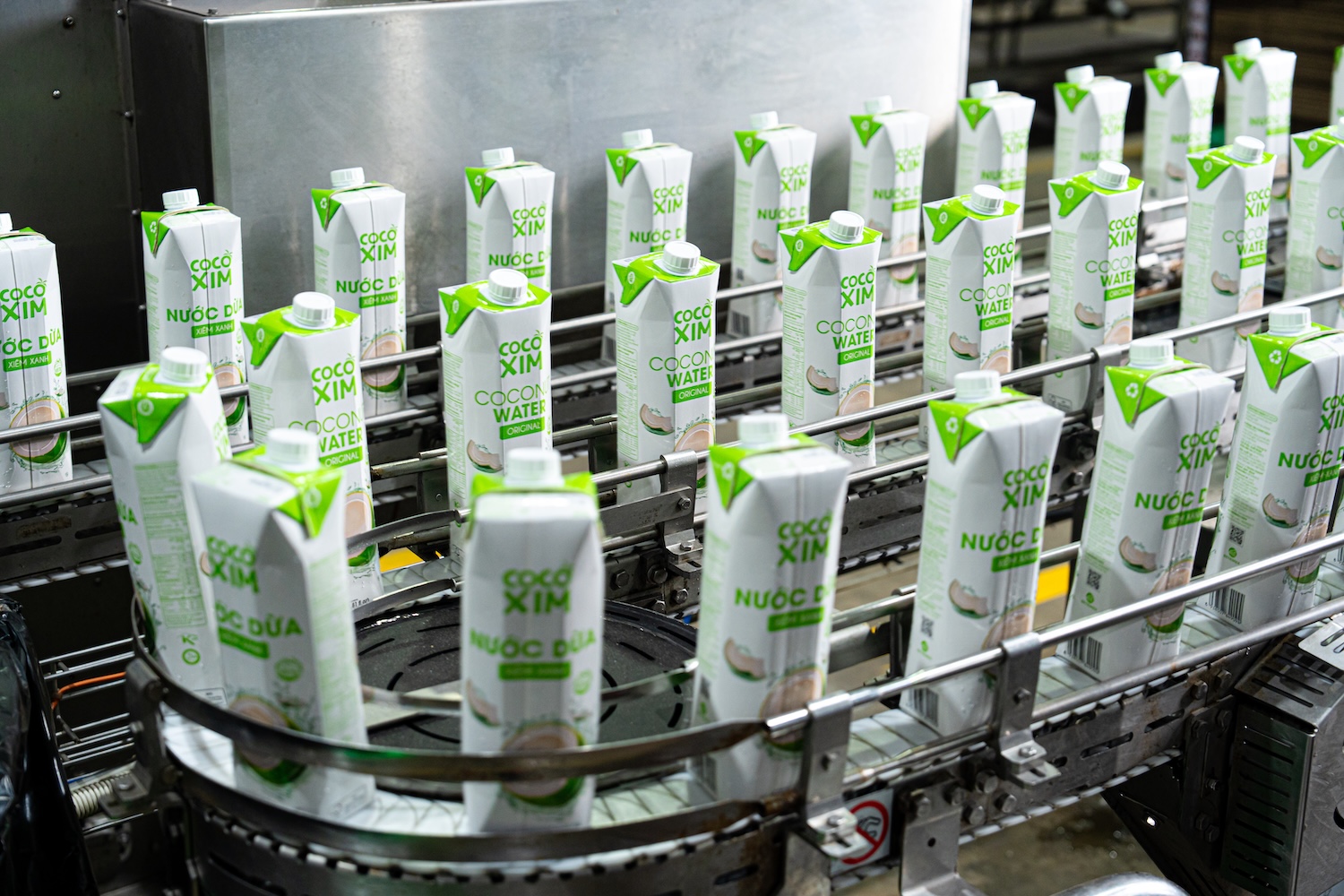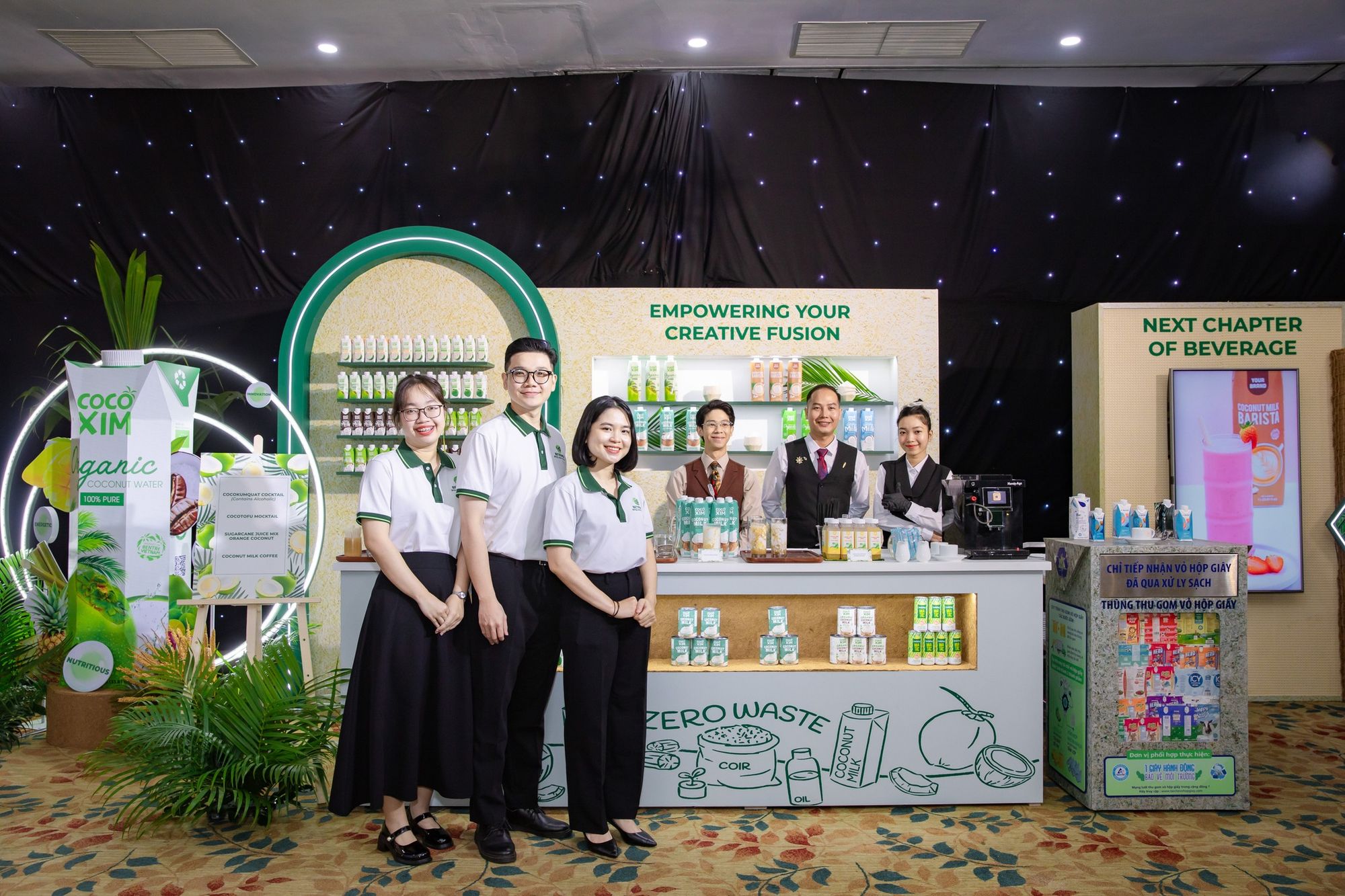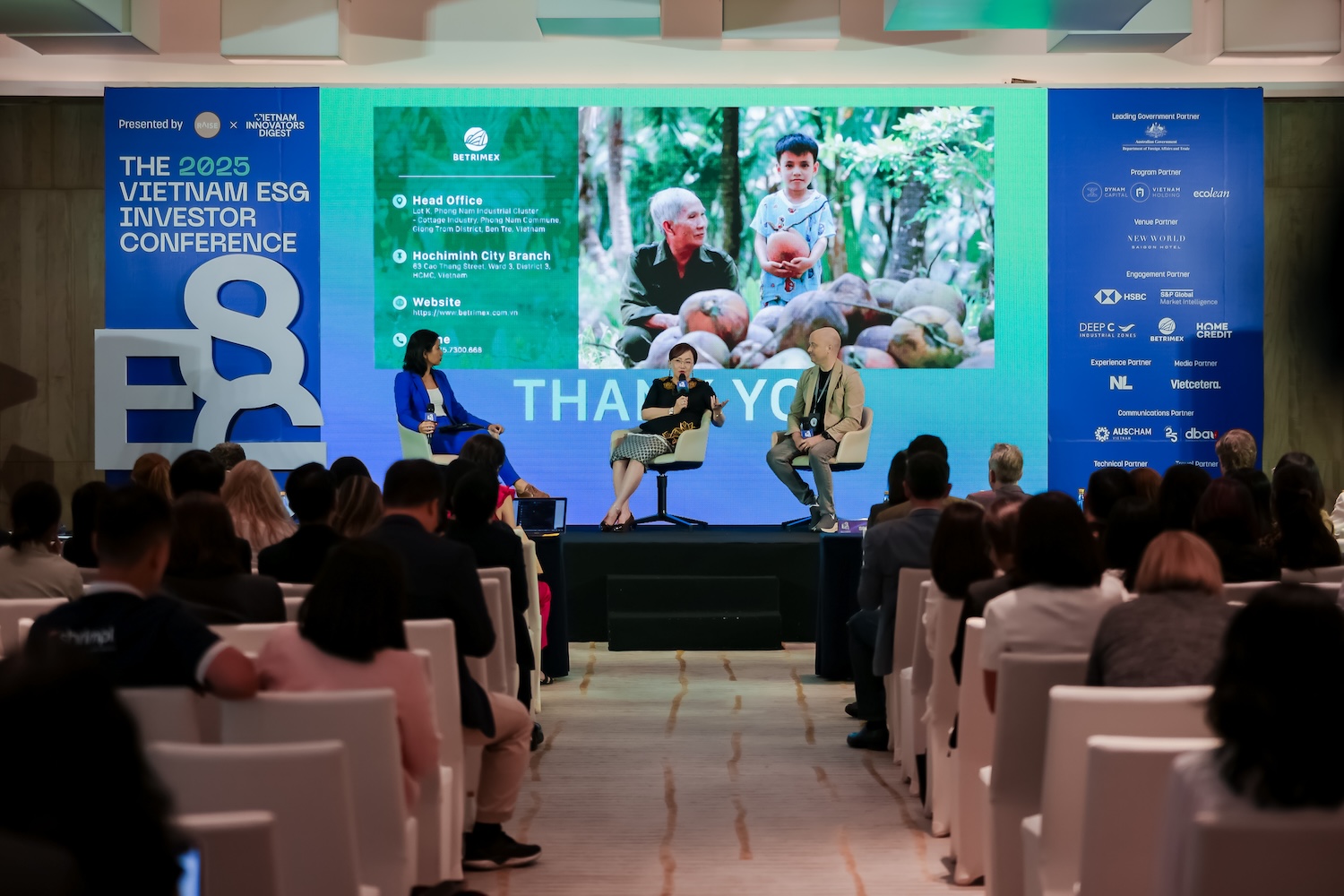New Rules And Urgent Pressure To Transform
The global market has entered a new era. Policies like the EU Green Deal and, notably, the Carbon Border Adjustment Mechanism (CBAM), are no longer forecasts - they’re trade prerequisites reshaping export flows. Vietnamese businesses, especially in agriculture and manufacturing, face a pressing question: How can they prove their supply chains are “clean” and sustainable?

Meanwhile, the capital is going green fast. A PwC report notes that 81 % of institutional investors in the Asia–Pacific plan to increase allocations to companies with strong ESG profiles within two years. Clearly, ESG is now an indispensable variable in any growth equation.
From Volume To Value: Betrimex’s Evolution
To understand Betrimex’s success—a coconut producer and exporter from Bến Tre (now part of Vĩnh Long province)—we need to revisit their strategic transformation. A few years ago, like many in agribusiness, Betrimex focused on exporting low‑value traditional coconut products, such as desiccated coconut. But shrinking margins and growing market risks led leadership to pivot deeply: building a sustainable agricultural ecosystem with high added value.

The results are stunning:
- Revenue: Over USD 100 million, more than 50 times growth since restructuring.
- Market reach: Present in over 70 countries and territories, including demanding markets like the U.S., EU, and Japan.
This growth wasn’t accidental. It came from building a core competitive advantage encoded in concrete ESG metrics.
ESG: The Secret Behind Betrimex’s Success
Rather than vague declarations, Betrimex turned its ESG strategy into measurable, revenue‑generating “assets.”
First, they developed a 15,000‑hectare organic raw material area, technologically managed. Coordinating thousands of smallholder farms presents logistic and quality‑control challenges. Betrimex addressed this using a Farmer Relationship Management (FRM) platform and digital traceability. This isn’t just tech. It transforms a fragmented supply base into a proprietary, transparent, controllable asset. When an EU partner requests farm‑level traceability, Betrimex can deliver verified data in minutes—capability few competitors match.

Second, international certifications serve as a “passport” into premium segments. Betrimex was the first Vietnamese company to secure Fairtrade certification for coconut. Along with Organic certifications (EU, USDA, JAS), these credentials enable them to:
- Enter high‑end distribution channels—organic supermarkets and specialty food stores.
- Command premium pricing—Fairtrade and organic products typically fetch 15–30 % higher prices than conventional ones.
Investing in certifications isn’t a cost—it’s a strategic investment in brand positioning and revenue optimization, liberating them from competing on price.
Third, a clear carbon roadmap acts as strategic risk management. Betrimex completed its greenhouse gas emissions inventory in 2024 and aims for carbon neutrality by 2035. This move doesn’t just support environmental goals—it shields the company from future carbon taxes like CBAM, stabilizes export costs, and builds investor confidence, particularly among those sensitive to climate risk in their portfolios.
From ESG To Financial Performance
Betrimex’s story offers a crucial lesson: the era when ESG and financial performance ran parallel is over. Today, ESG is a critical variable in the equation of financial success.
Their model shows how a robust ESG strategy can directly affect the P&L by:
- Boosting revenue via premium market access;
- Optimizing costs through risk management and efficient production;
- Increasing enterprise value by building trust and sustainable intangible assets.
This pioneering model extends beyond coconut—it’s a roadmap for Vietnamese agriculture, textiles, seafood, and other sectors facing similar transformation pressures. The journey may be challenging, but Betrimex’s results demonstrate that the rewards for early adopters are more than worth it.
